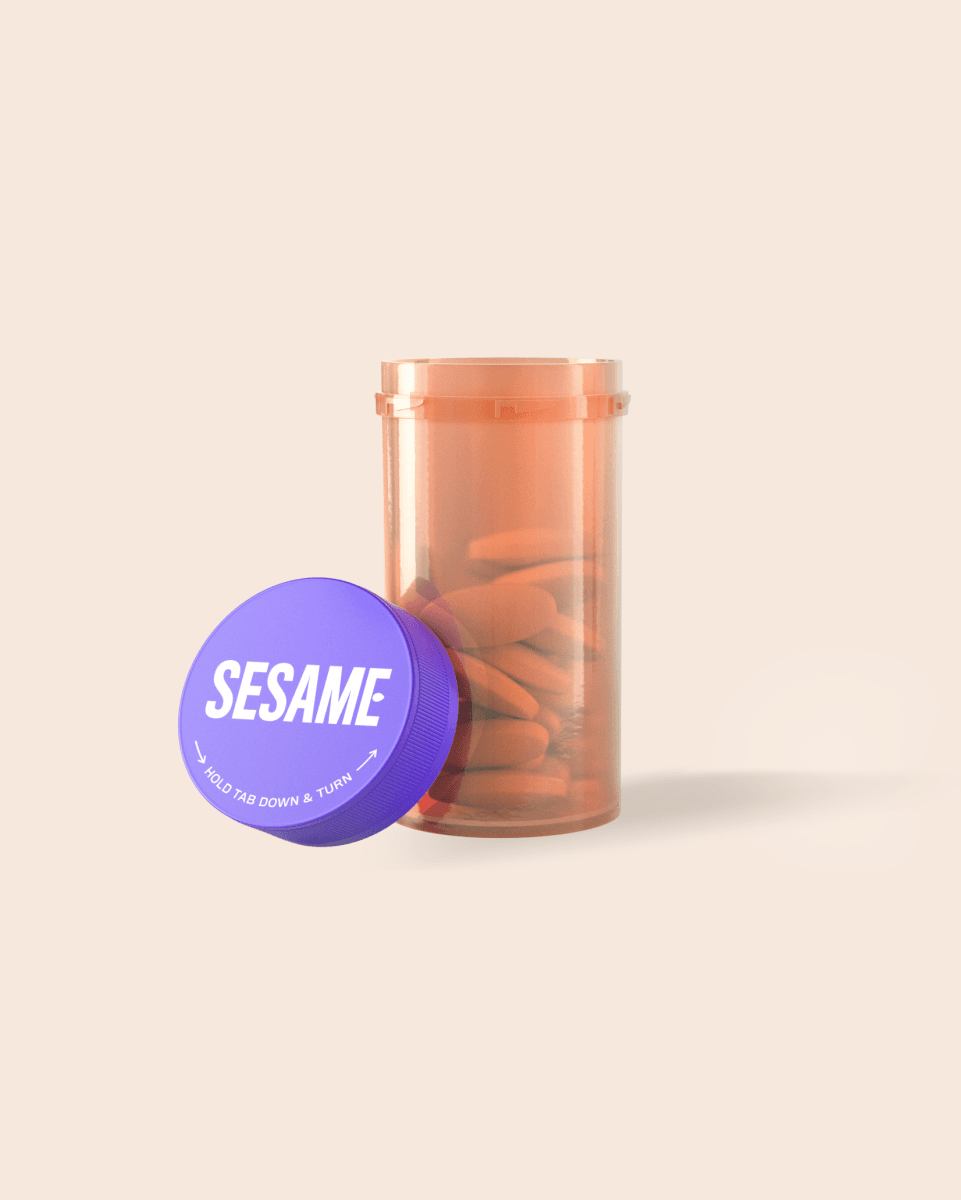Sublingual immunotherapy (SLIT) is a form of prescription allergy immunotherapy which comes in the form of a tablet. The tablets are placed under the tongue and held there until they dissolve, and are then swallowed. SLIT allergy tablets are generally taken daily and are designed to slowly reduce allergy symptoms over time.
Address the root cause of your allergies today.
Get allergy care from Sesame's clinicians today. Access allergy treatment that provides relief from symptoms and trains your immune system to fight your allergy. Book allergen testing, schedule allergy prescription consults, or refill a prescription today
Overview
How To Get Allergy Treatment
Book a Video Environmental Allergy Consult so that a healthcare provider can assess your symptoms, review your medical history, and discuss your treatment options. Depending on your medical history, this may include an allergy test to determine which allergies are causing your symptoms.
Some treatments may require you to take your first dose in a doctor’s office. This is so they can watch out for a rare but serious allergic reaction like anaphylaxis. If applicable, your provider will invite you to schedule an in-person allergy treatment initial dose visit.


Video environmental allergy consult
Video visit with a clinician to assess environmental allergy testing and/or treatment needs.
Skip carousel section: Video environmental allergy consult- The following inclusions and exclusions apply:
AWARDS
Named most affordable & best overall for patients in 2024
 "Best Overall Telehealth"Healthline
"Best Overall Telehealth"Healthline "Best Price Per Visit"OnlineDoctor.com
"Best Price Per Visit"OnlineDoctor.com "Most Innovative Health Startups"NYC Digital Health 100
"Most Innovative Health Startups"NYC Digital Health 100Patients love Sesame
FAQs
Frequently asked questions about sublingual immunotherapy (SLIT)
Medically reviewed by:Dr. Carlos Oller, MD
